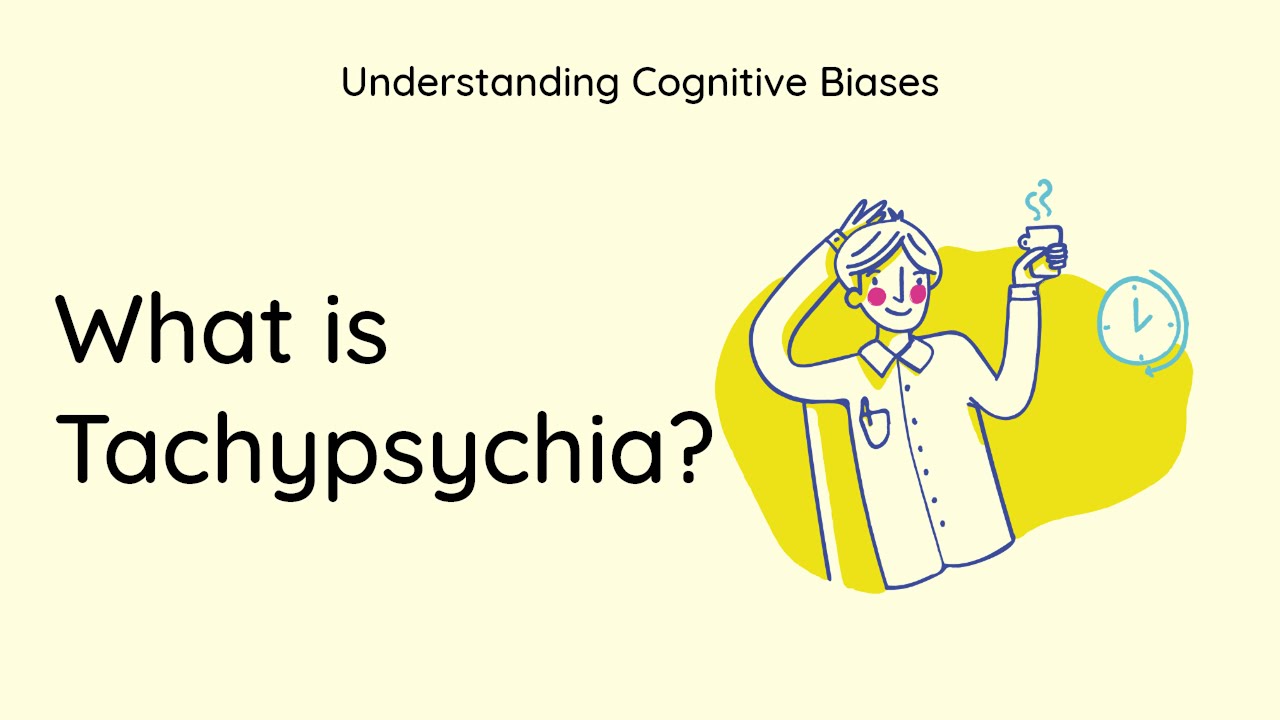Tachypsychia: The Altered Perception of Time
Tachypsychia is a cognitive phenomenon characterized by an alteration in the perception of time during high-stress or life-threatening situations. People experiencing Tachypsychia often report that time seems to slow down, creating a surreal experience.
Examples of Tachypsychia:
Accidents: Individuals involved in accidents, such as car crashes or near-drownings, may report that they felt like time slowed down during the event, allowing them to react more effectively.
Self-Defense: People in situations requiring self-defense or quick decision-making, like an attempted robbery, might experience Tachypsychia, allowing them to process information more rapidly.
Sports: Athletes involved in high-speed sports, such as motorsports or downhill skiing, may describe the sensation of time dilation, enabling them to react with precision.
Tachypsychia in Action:
Consider a scenario where a person is about to be hit by a car while crossing the street. In the moment just before impact, they experience Tachypsychia, and the seconds feel elongated. This altered perception allows them to swiftly dodge the oncoming vehicle.
Solutions to Address Tachypsychia:
Tachypsychia is not a cognitive bias that can be addressed or mitigated; rather, it is a natural physiological response to high-stress situations. The body’s response to Tachypsychia is generally an adaptive mechanism, helping individuals react quickly to potential threats. However, in some situations, individuals may benefit from training and practice to enhance their performance during high-stress events.
In conclusion, Tachypsychia is a cognitive phenomenon characterized by the alteration of time perception during high-stress situations. While it cannot be directly addressed as a bias, it is a natural response that can serve as an adaptive mechanism. In such cases, training and practice can help individuals maximize their ability to make effective decisions during critical moments.
